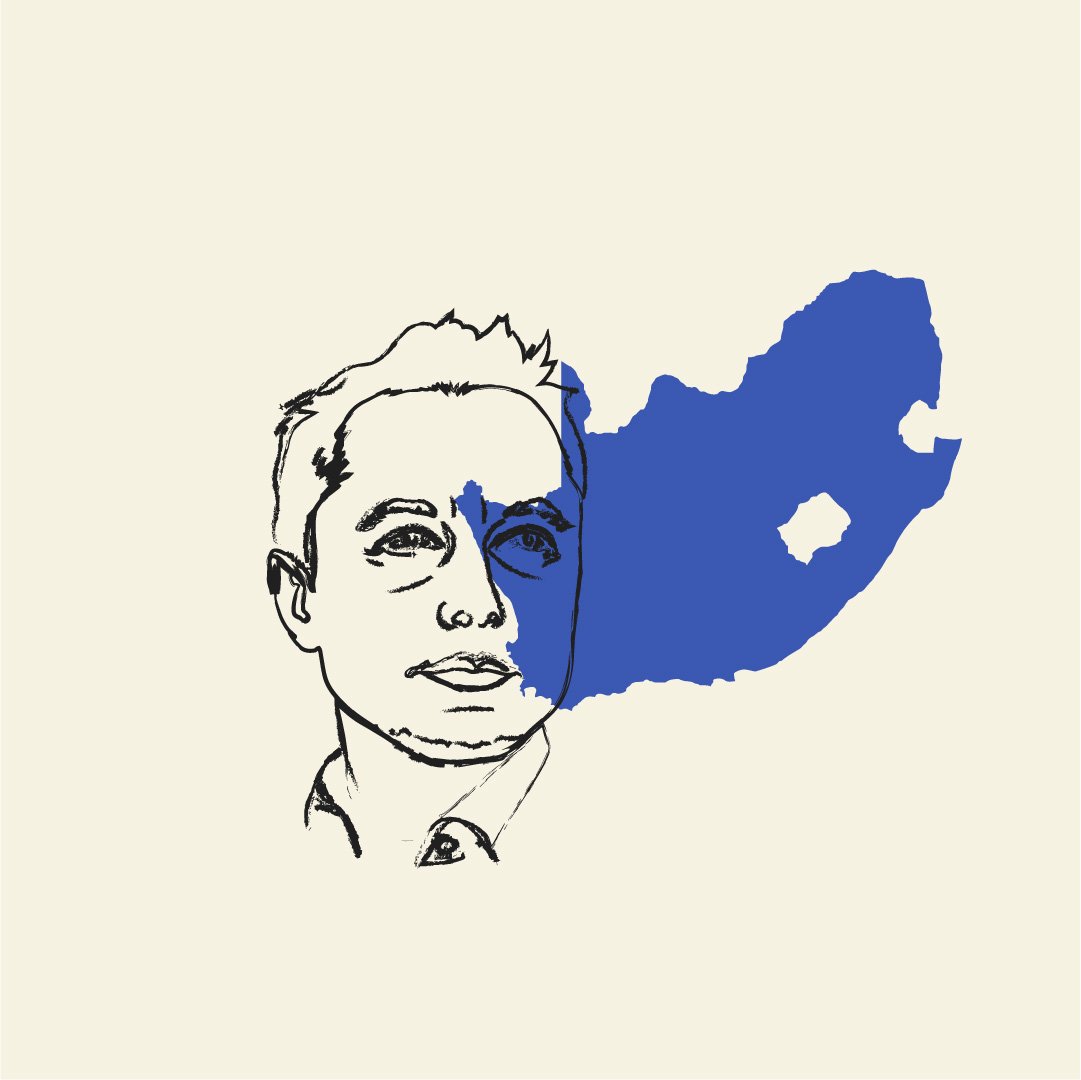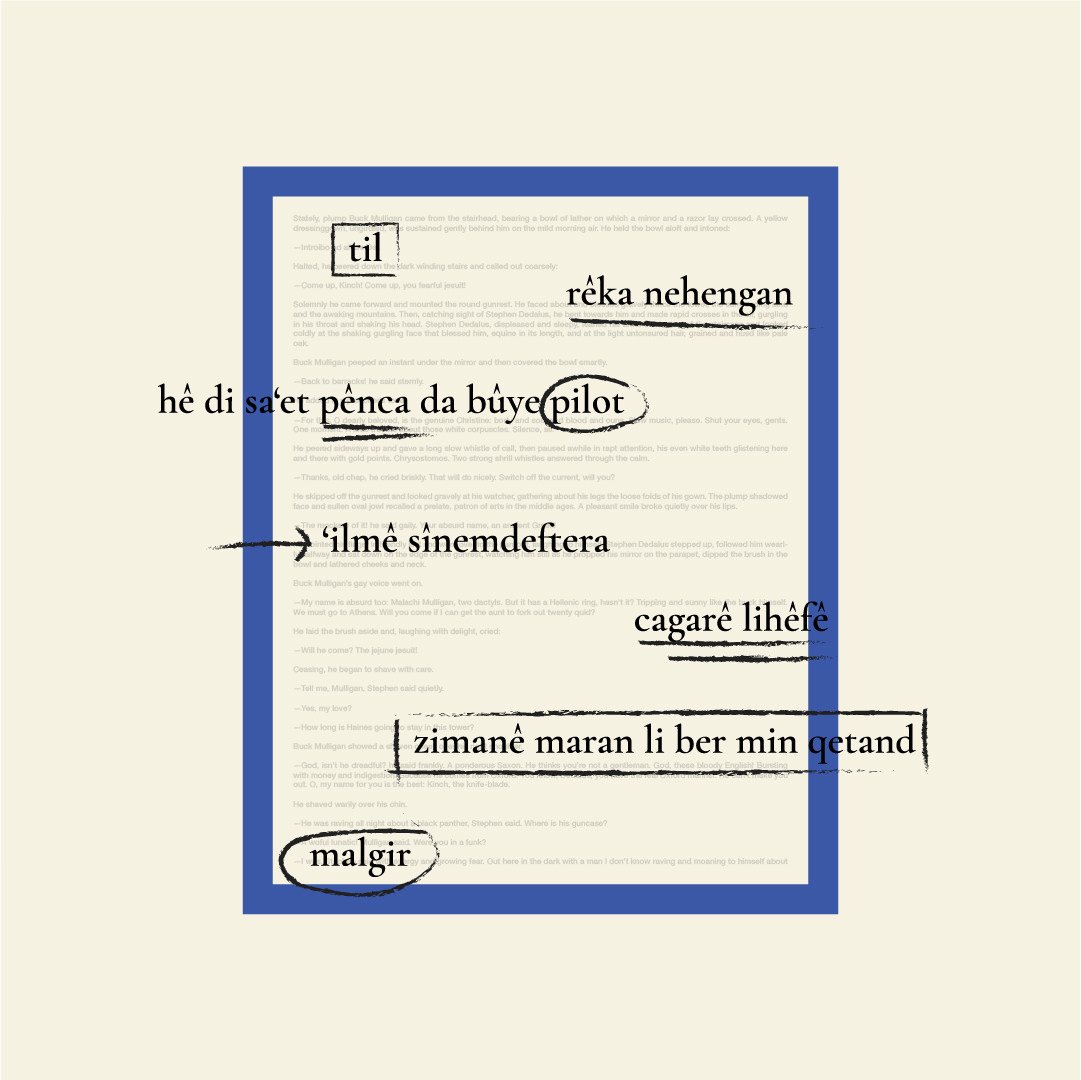How to Deepfake an Election
In Slovakia, a digitally altered video swung a recent national election.
NOVEMBER 21, 2023
Even in retirement, Štefan Harabin—a former president of the Slovak Supreme Court and minister of justice under Robert Fico, a failed presidential candidate, and a supporter of the Russian invasion of Ukraine—is a very busy man. There seems to be hardly a moment he is not on Telegram, posting a new message, weighing in on a video, or sharing a link to the latest thing he’s fired up about. His account is followed by over 10,000 Slovaks.
On the eve of the Slovak national elections in late September, Harabin posted an explosive link to his Telegram channel. It appeared to be an audio clip of a conversation between Slovakia’s best-known investigative journalist, Monika Tódová, and prime ministerial candidate Michal Šimečka, whose campaign had promised voters that he would fight corruption, uphold the rule of law, and defend Slovakia’s integration in the European Union and western institutions. While Šimečka took a very critical stance toward Russia, his main opponent, the former prime minister Robert Fico, did the exact opposite. The conversation seemed to record Tódóva and Šimečka planning to rig the election in favor of Šimečka’s Progresivní Slovensko (Progressive Slovakia) Party by buying Romani votes, manipulating the vote count, and bribing journalists. A week before the recording began to circulate, 30 percent of voters—a relatively large proportion—were still undecided.
The post had originally appeared via an anonymous Telegram account with the username “Gabika Ha” (as of this writing, it has not yet been ascertained who is behind the account). Shortly after, it was broadcast by Harabin, and two hours later, it was referenced in a rare official statement from Sergey Naryshkin, the director of Russia’s Foreign Intelligence Service (SVR). Naryshkin wrote that the United States was interfering in Slovakia’s elections, and referred to Šimečka and his party as “proxies” for US interests.
Pro-Russian Slovak public figures soon posted the recording to their own social media accounts. “If this recording is real, and I have no doubt of that, then PROGRESSIVE SLOVAKIA LED BY THE NATIONAL TRAITOR AND FRAUDSTER SIMEČKA AS OF NOW IS FINISHED, NOT TO MENTION MONIKA TÓDOVÁ! The police will be coming for you soon. Instead of a bright future, there is a dark cell awaiting you,” wrote one such individual, Peter Marček, a former MP for the Sme Rodina (We Are Family) party, in a post to his Facebook page. His post quickly garnered more than two thousand shares.
Robert Barca of AFP, which provides fact-checking in Slovakia for Meta, the company that operates Facebook and Instagram, concluded that on Facebook alone over 100,000 people had seen the recording and at least another 30,000 on Instagram, but it reached voters through other channels, too. “The audio file was also forwarded by chain emails, together with a transcript,” Barca said.
“A fan sent it to my phone on the day before the election. The first time I heard it, it seemed silly and ridiculous. I dismissed it, thinking no one could possibly believe it,” said Tódová.
But the recorded conversation between Tódóva and Šimečka never occurred. It was a deepfake, crudely cobbled together from other audio and video recordings and edited using artificial intelligence to produce a completely manufactured file. Its proliferation marks an escalation of the threat that deepfakes pose to election freedom in Slovakia, and also around the world.
✺
Forty-one-year-old journalist Monika Tódová has seen a lot in the course of her career. The politicians whose corruption she has exposed have repeatedly called into question her professional integrity, threatened her with criminal charges, attacked her relationship with her partner, and sent social workers to check on whether or not she was taking proper care of her two children. This kind of harassment has become part of her everyday life.
When she first found out about the deepfaked conversation, she was not immediately alarmed. “A fan sent it to my phone on the day before the election. The first time I heard it, it seemed silly and ridiculous. I dismissed it, thinking no one could possibly believe it,” said Tódová. The content of the recording struck her as patently absurd, and the quality seemed to betray its fraudulent manufacture.
In the recording, which lasts two minutes and thirteen seconds, there are several times when Tódová fails to complete a sentence, and when the intonation of her voice is off. She doesn’t respond right away to what Šimečka is saying — there are unnatural pauses in their discussion. But what Tódová told me that she saw as “half-baked” and Šimečka described as a “colossal stupidity,” others saw differently.
“I had friends writing me that their college-educated coworkers had listened to it and believed it. And they were sharing it [on social media]. When I saw it was being shared by well-known figures like former judge Harabin and former MP Peter Marček, I understood it was serious,” said Tódová. “I found myself in the midst of a totally new reality.”
Slovak law prohibits campaigning and polling for 48 hours prior to an election. By the time the recording appeared, this period of “election silence” was in effect, and as a result neither the media nor the government was allowed to publish specific statements about the deepfake. Authorities could only say it was related to the chairman of one of the parties campaigning in the election. Even the warning posted by the Slovak police on their Facebook page was vague: “Be advised of fake videos and recordings generated using artificial intelligence.”
“If I were a Russian operative, that’s how I would have done it,” he said.
“It was shared massively on Telegram, and to some degree on Facebook. What we caught was just the tip of the iceberg, we have no access to communications in closed user groups,” said Daniel Milo, director of the Slovak Interior Ministry’s Center for Combating Hybrid Threats. His glass-walled office in downtown Bratislava commands an enviable view of the Sky Park towers, designed by Zaha Hadid.
“We assessed the recording to have been artificially created, based on the way both parties spoke, their unnatural tempo, and so on. We also looked into who put it into public space and by what means,” said Milo.
Milo is working from the hypothesis that the Russian Federation may have been behind it. “If I were a Russian operative, that’s how I would have done it,” he said.
(When I asked Harabin if he knew who had made the deepfake, and why he had shared it, he said, “I don’t know what you’re talking about. I don’t remember.”)
Representatives of the Council for Media Services, a state administrative body, independently concluded that the recording was a forgery and contacted the operators of Facebook, Instagram, X, YouTube, and TikTok roughly three hours later. After consultations with Milo and based on an investigation of their own, they informed platforms that the recording was a clear manipulation and asked them either to block it or label it as fake. TikTok did so first, in the early afternoon. By late evening, Meta had also began blocking posts.
The Center for Combating Hybrid Threats and the Council for Media Services are relatively new institutions, having been established just a year and a half ago, and there is reason to be concerned that Fico will shut them down.
In Slovakia, Barca conducted his own analysis of the audio in question for Meta on Thursday evening and reached the same conclusion as the state institutions had. A short while later, AFP flagged specific posts containing the deepfake for Meta through an internal system, labeling them as “false” and embedding a link to an explanatory article on the AFP website.
Šimečka lost the election to former prime minister Fico. There is no way to definitively gauge to what extent the counterfeit influenced the outcome. But Slovak voters have been conditioned to consume disinformation in recent years. Slovakia has many pro-Russian parties, with Fico’s Smer (Direction) chief among them. Their politicians have been pumping lies into Slovak society for years, and as a result, many voters are now inclined to believe them.
“The state reacted well, because we did want to protect the integrity of the elections,” said Milo. “The institutions are there, but a lot depends on the human factor. The other problem is Slovakia didn’t start dealing with the subject of hybrid threats seriously until last year.” The Center for Combating Hybrid Threats and the Council for Media Services are relatively new institutions, having been established just a year and a half ago, and there is reason to be concerned that Fico will shut them down. When I asked Fico to what extent he was aware of the issue and how he planned to address it, he declined to comment.
✺
What happened in Slovakia was not an anomaly. Across Europe, deepfakes have become more prominent in political life. A week after the deepfake with Tódová and Šimečka appeared, British opposition leader Sir Keir Starmer also found himself the subject of a deepfake when a recording on the X network, formerly known as Twitter, appears to show the Labor Party leader rudely insulting his staff. (Starmer’s team has not yet publicly commented on the incident). And Poland’s main opposition party, Platforma Obywatelska (Civic Platform), in a broadcast before the October elections, distributed a deepfake of its main opponent, Prime Minister Mateusz Morawiecki.
“Someone created fake images of me suggesting people take group showers and roast chickens together [in order to save money], which many people actually believed to be true,” said Markéta Pekarová Adamová, the speaker of the Czech parliament’s lower house. She said she expects it to get worse.
“We have a mega election year: presidential, parliamentary, and European elections. We follow what’s going on in countries like Slovakia and what kind of technologies were used for manipulation there,” said Lithuanian MP Andrius Vyšniauskas, head of campaigns for Tėvynės sąjungos (Homeland Union), currently the strongest party in Lithuania. “I have no doubt it will turn up here as well.”
The Central Election Commission of Lithuania wields broad authority to respond to deepfakes and ask social media sites to block them. In Czechia, the Ministry of Interior’s Center Against Terrorism and Hybrid Threats is proceeding in similar fashion. “One of the keys is to issue timely warnings to the public, so they are informed,” said Jan Paďourek, senior director of the ministry’s internal security division.
On the European level, there is a strengthened Code of Practice on Disinformation that was adopted in 2022. The code provides no sanctions for failure to comply.
Telegram refused to sign on to the measures, and Twitter Inc. (now X) withdrew from the agreement in May. Starting next year, social media companies operating in the EU will have to abide by a new set of strict provisions that bar political advertisements from profiling individuals based on their sexual orientation, religion, or ethnicity, and also require them to clearly disclose their funding sources.
“If they don’t judge the manipulation to be a mistake and we have a different perspective, we can call on the company [where the disinformation was posted] to rectify the situation. In the event that they fail to do so, there will be a considerable financial penalty,” said European Commission Vice President for Values and Transparency Věra Jourová.
U.S. regulations go even further. In October, a bipartisan group of senators introduced the “No Fakes Act.” If adopted, the law would establish fines for anyone who produces or distributes deepfakes. Europe is not yet ready to take such a radical path. In the meantime, Tódová is pursuing a more traditional path to justice: She has filed a criminal complaint with the Slovak police for defamation and infringement of rights as a result of “her” deepfake.
This article was originally published in the Oct. 23–29, 2023, edition of Respekt. It has been translated from Czech and edited.



